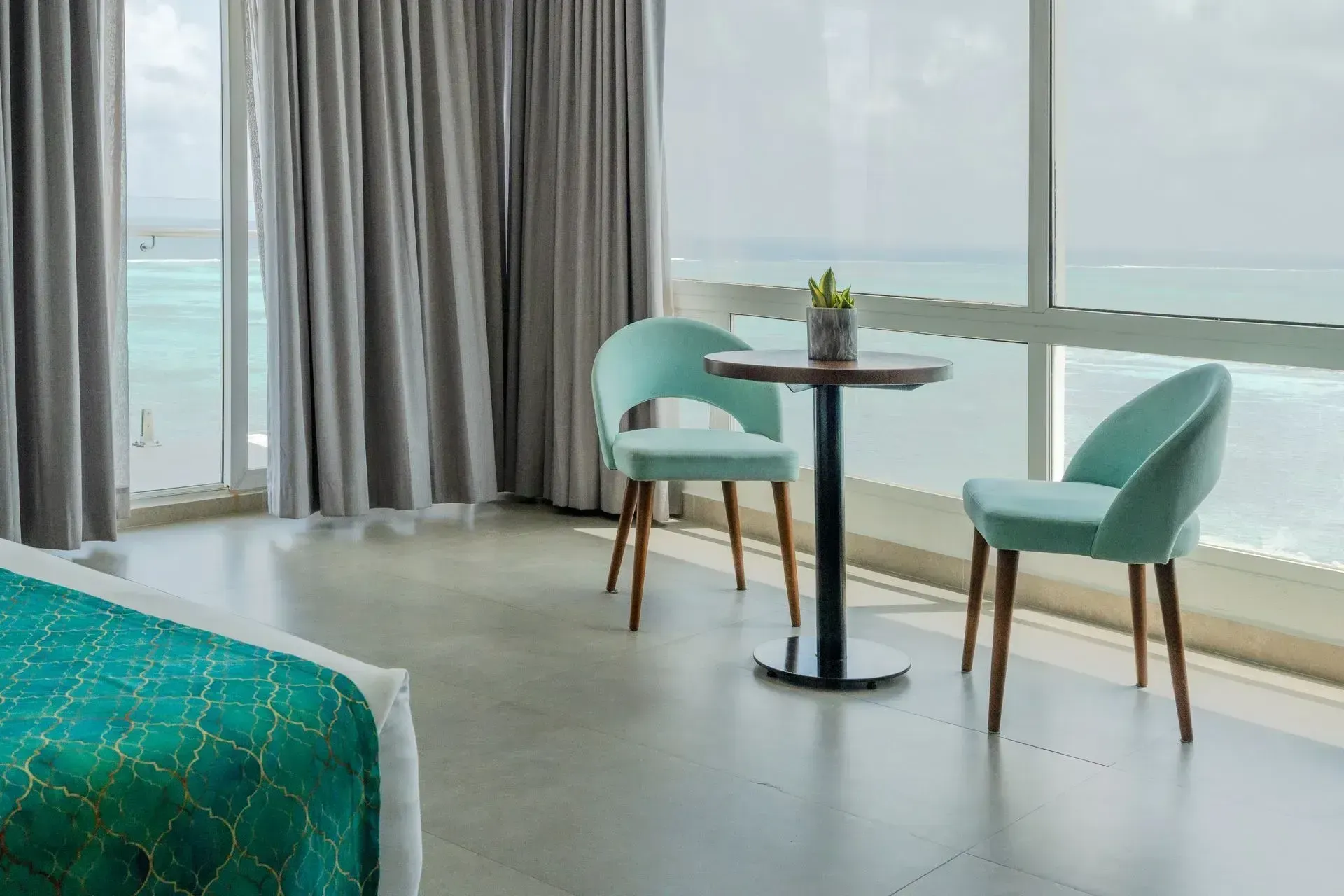Sustainable Tourism in Hotels: The Green Revolution That Is Transforming the Sector
Sustainable tourism has become one of the most important trends within the hotel industry. As climate change and environmental degradation become global concerns, the tourism industry must also adapt to this new approach. Sustainable hotels are at the forefront of this transition, implementing responsible practices that not only benefit the environment but also generate value for both tourists and local communities.
What is a sustainable hotel?
A sustainable hotel is one that adopts practices that minimize its impact on the environment and promote the development of local communities. These practices go far beyond the adoption of green technologies; they also include a commitment to reducing the ecological footprint in all operational areas.
Sustainable hotels are those that efficiently manage their resources, implement recycling policies, support the local economy, and provide tourist experiences that educate guests about the importance of environmental conservation.
Characteristics of a sustainable hotel
The characteristics of a sustainable hotel include a series of innovative and conscious practices that encompass all aspects of hotel operations. Some key characteristics include:
- Use of renewable energy: Implementing renewable energy sources such as solar panels or wind power is essential. Not only does it help reduce the hotel's carbon footprint, it also contributes to energy independence and long-term sustainability.
- Efficient water management: Sustainable hotels adopt water-saving technologies, such as water recycling systems and low-flow faucets. This is crucial in tourist destinations facing water shortages.
- Buying local products: Supporting local economies is an important characteristic of responsible hotels. This includes purchasing local food, hiring local suppliers, and using organic products.
- Tourist education and awareness: Sustainable hotels take a proactive approach to environmental education. This includes activities that raise guest awareness about the importance of responsible practices, such as recycling and conscious use of resources.
Benefits of a sustainable hotel
Responsible tourism brings a variety of benefits not only for sustainable hotels but also for travelers and local communities. Some of the key benefits are highlighted below:
Operating cost savings
A sustainable hotel generates long-term savings through technologies such as solar panels and water recycling systems, which reduce operating costs for electricity and water, improving profitability. For example, the Samawi Hotel in San Andrés, by implementing solar panels, not only reduces its environmental impact but also achieves significant savings on its electricity bill, improving its operational efficiency and contributing to its economic sustainability.
Increased demand and customer loyalty
The growing demand for responsible tourism has led sustainable hotels to attract more conscious tourists, who seek eco-friendly options and enjoy their vacations knowing they are supporting sustainable tourism. By adopting green practices, these hotels build guest loyalty and benefit from recommendations from responsible tourists, increasing their visibility in a competitive market.
You might be interested in: Discover paradise: 6 reasons to travel to San Andrés
Positive impact on the local community
Sustainable tourism not only protects the environment but also fosters the social development of local communities. Sustainable hotels support the local economy by hiring local labor and collaborating with small businesses. Hotel Samawi promotes local development by working with island suppliers and hiring local people, thereby boosting the economy and promoting local culture.
Samawi Hotel has solar panels, so let's talk about that benefit.
A clear example of Hotel Samawi's sustainable practices in San Andrés is the installation of solar panels. This system harnesses solar energy, a clean and renewable source, reducing dependence on non-renewable sources and reducing CO2 emissions.
The hotel's use of solar energy reduces operating costs, especially in a destination like San Andrés, where electricity is expensive. Solar panels reduce the hotel's carbon footprint, contributing to the fight against climate change. Guests also benefit from this investment, enjoying a comfortable and responsible stay, knowing they are supporting environmental protection without sacrificing the quality of their experience.
If you're passionate about sustainable tourism and want a unique experience in San Andrés, book your stay at Hotel Samawi. Enjoy the island's natural beauty while supporting responsible and eco-friendly practices. What other sustainable initiatives would you like to see in tourism? Share them with us!











